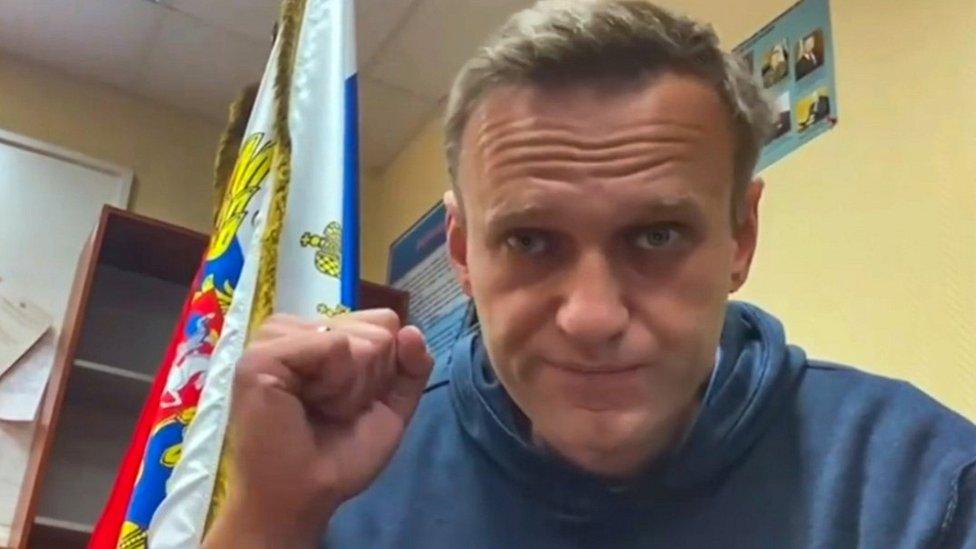Putin Navalny: Opposition leader held at Moscow protest
- Published
Police seize the opposition leader at a rally in Moscow
Riot police have seized Russia's most prominent opposition leader, Alexei Navalny, at a Moscow rally two days before Vladimir Putin's inauguration.
He was carried away struggling through the crowd of demonstrators, who had gathered to protest at Mr Putin's forthcoming fourth term in office.
The rallies in Moscow and Russia's second city, St Petersburg, were not approved by the authorities.
At least 1,000 arrests were reportedly made at rallies across Russia.
Early on Sunday, Mr Navalny was released from police custody after being charged with organising a rally and resisting the police.
At the rally, protesters on Moscow's Pushkin Square shouted slogans such as "Down with the tsar!" - "tsar" was the historical title of Russia's pre-revolutionary emperors - and "Russia without Putin!". In St Petersburg, Russia's second city, they shouted "Jail the tsar!".
Activists have been using a Russian hash tag on Twitter which translates as "He's not our tsar".
The pro-Kremlin National Liberation Movement held a rival rally at the same location in Moscow.
Who is Navalny?
The long-time anti-corruption campaigner is not an elected politician but has led protests against the rule of Mr Putin and his allies since the parliamentary election of 2011.
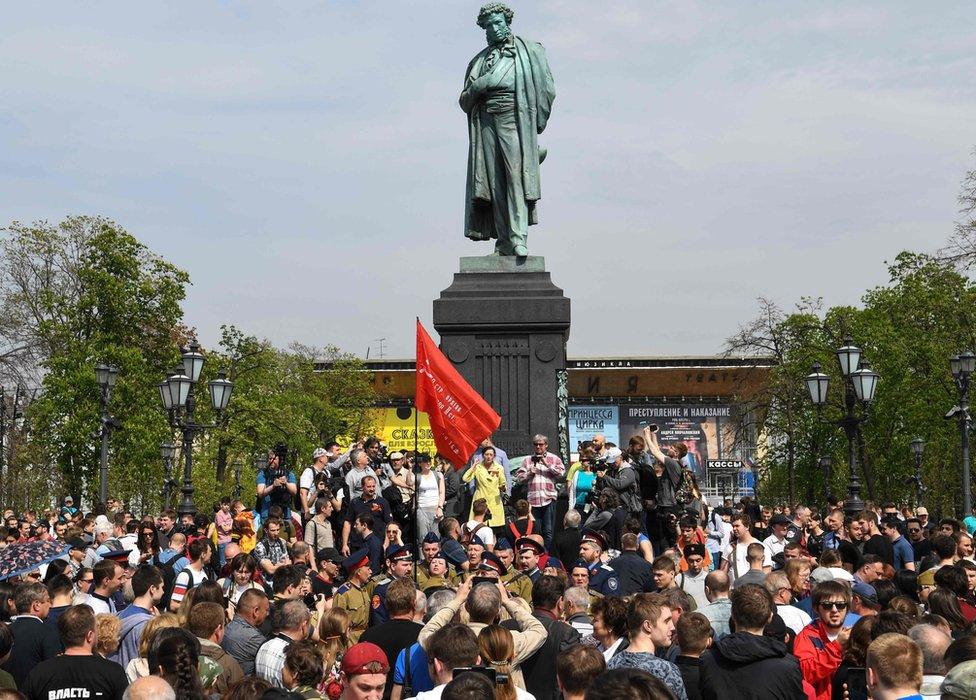
Protesters gathered at the Pushkin monument in Moscow
He was barred from running for president against Mr Putin this year because of a conviction for embezzlement, which he denies, saying the case against him was politically motivated.
He has been arrested at protests on numerous occasions before, and is typically held for a few weeks before being released.
Reports say he was forced to stay at a secret location on Friday night in order to make it to the Moscow rally at all.
When the Moscow city authorities warned people of possible "negative consequences" of taking part in unsanctioned rallies on Saturday, Mr Navalny tweeted back: "And I would like to warn everyone of the negative consequences of non-participation in the rallies.", external
"If you stay at home, Putin's gang will tear the country apart and deprive you personally of a future," he said.
Why are there protests?
Mr Putin was re-elected president with more than 76% of the vote, his best ever election performance.
He has effectively ruled Russia since 2000, including a period of four years when he served as prime minister (2008-12). Presidents elected in other countries normally serve a maximum of two terms.
Anger at Mr Putin's long hold on power has been compounded by allegations of ballot-rigging at the last and previous presidential elections
Widespread irregularities were reported by some international observers at the election in March.
How big were Saturday's rallies?
According to OVD-Info, a website which monitors arrests, 1,029 arrests were made, external in 19 cities across Russia, nearly half of them in Moscow.
There was some confusion about numbers with one opposition source talking of 50 arrests at an unapproved rally in Krasnoyarsk, western Siberia, and another of "at least 10" while OVD-Info counted 35 in the same city.
Turnout at the rally in the Russian capital was about 1,500, according to police, but Reuters news agency estimated there were "several thousand" people at the event.
In a tweet, the mayor of Yekaterinburg, Yevgeny Roizman, estimated a turnout of at least 5,000 in the Urals city.
Allow X content?
This article contains content provided by X. We ask for your permission before anything is loaded, as they may be using cookies and other technologies. You may want to read X’s cookie policy, external and privacy policy, external before accepting. To view this content choose ‘accept and continue’.
There are fears that protests could lead to clashes similar to those that happened in 2012, at Mr Putin's last inauguration.
- Published28 January 2018
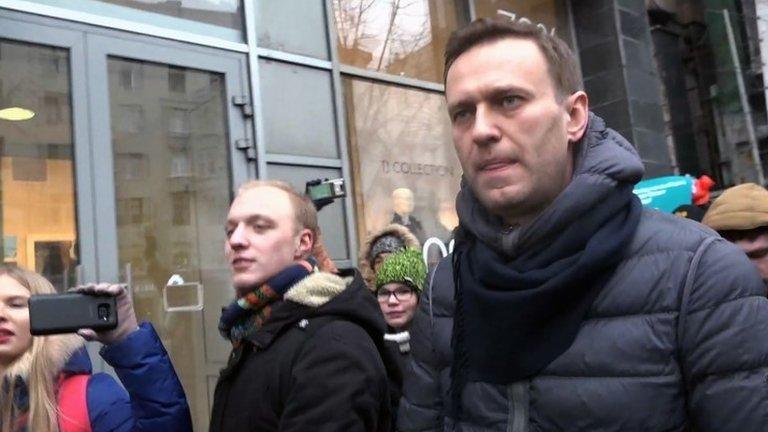
- Published19 March 2018
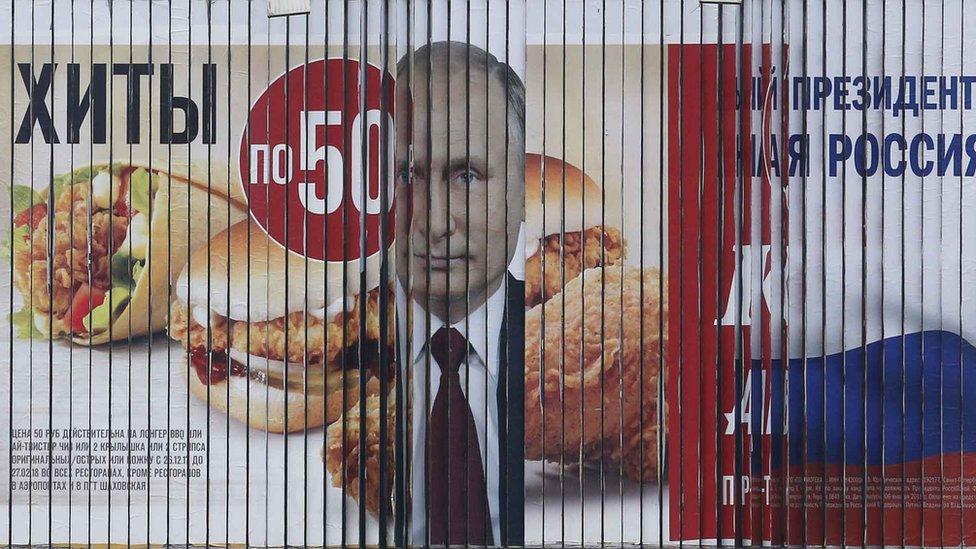
- Published25 December 2017
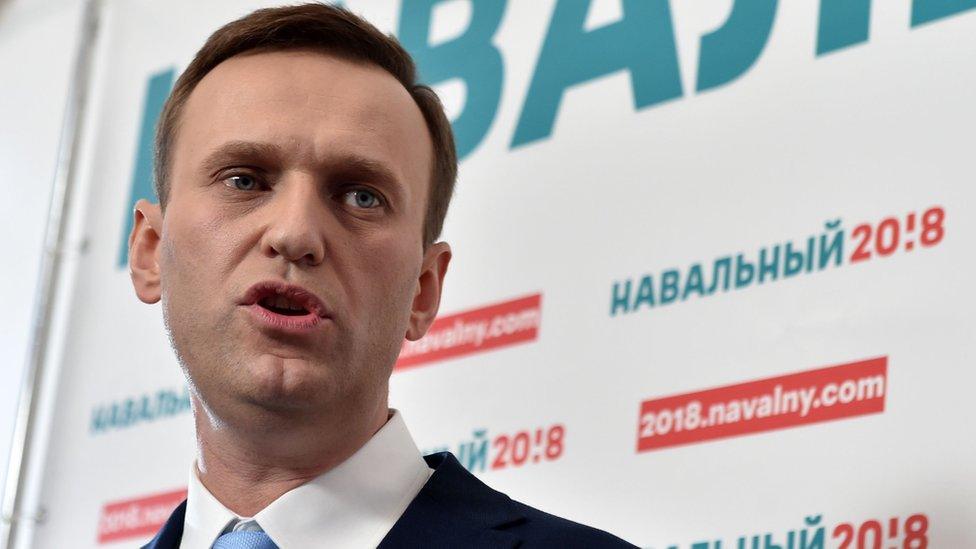
- Published24 December 2017
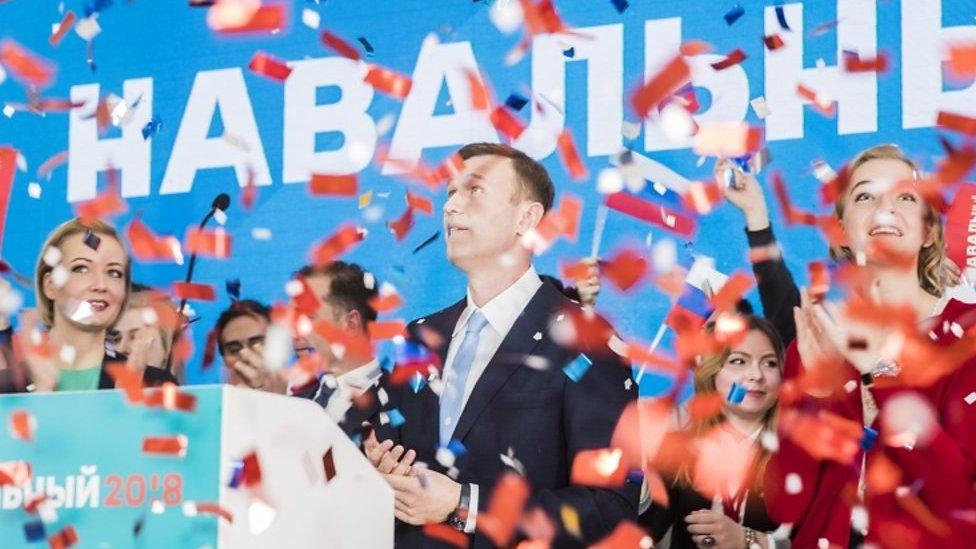
- Published23 June 2017
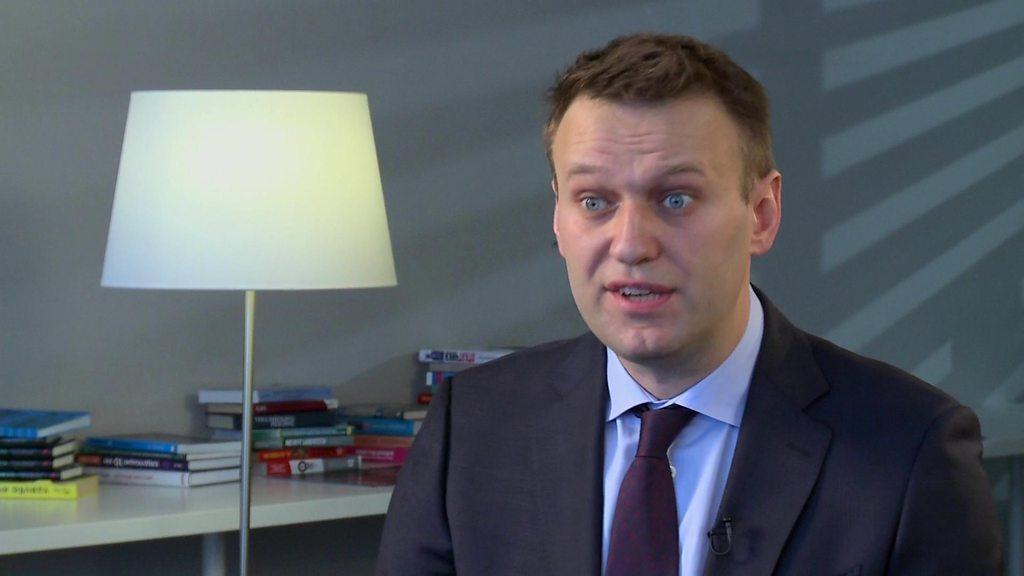
- Published16 February 2024
